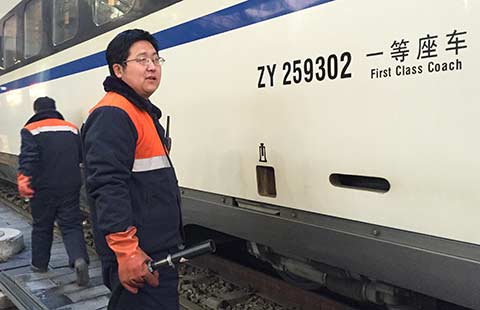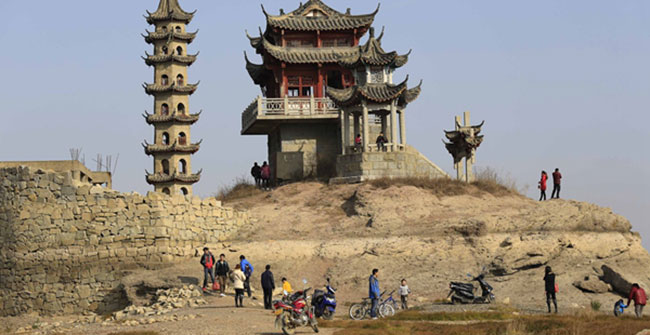Hospital staff accused of taking kickbacks
By WANG HUAZHONG (China Daily) Updated: 2012-09-05 02:43At least 20 managers and directors of key public hospitals in South China’s Shenzhen city are suspected of having accepted bribes, the local procuratorate said on Tuesday.
From April to June, Shenzhen prosecutors conducted a campaign to fight corruption in the medical system.
The investigation found bribery is "prevalent" in buying of medical equipment, consumable materials and drugs, and the personal interests of certain individuals and private companies have driven the over-prescription of antibiotics.
Twenty-three people are suspected of offering bribes, either for personal gain or on behalf of companies they represent.
They include former Party chief of a hospital, former deputy director of a hospital, former director of a hospital in Longgang district, and former deputy director of a hospital in the Bao’an district.
One suspect is accused of having received the largest bribes, including one of 1.1 million yuan ($170,000), and another of HK$400,000 ($51,500) and $8,000.
Prosecutors allege that the suspect accepted 1.1 million yuan from an owner of a medical equipment supplier between 2004 and 2012.
In return, he introduced the use of the suppliers’ products to his hospital. When soliciting public bids, the hospital departments "customized" specific requirements according to the configurations of the products in the company to help it win contracts, prosecutors said.
The suspect is also accused of recommending the hospital buy ultrasound medical equipment worth more than 10 million yuan, from a Hong Kong company. A major shareholder of the company, allegedly gave the suspect HK$400,000 and $8,000.
The Yantian district court of Shenzhen began criminal trials on Monday of some of the people accused of either accepting or offering bribes.
According to documents the Shenzhen procuratorate provided to China Daily on Tuesday, locals have been complaining about expensive medical services and corruption in the procurement procedures is a key cause of the problem.
The procuratorate started a campaign in April to tackle the problem.
"We cracked down on managers, especially those holding administrative positions, who abused their power and damaged the national interest and the people's interests," the documents said.
A Shenzhen prosecutor who would not be named said although hospitals conduct public bids as part of the city procurement platform, the hospitals and their departments can set specific requirements that favor certain suppliers.
Many suppliers sell equipment at prices lower than their true value to get a foothold in the hospital, and then benefit from selling products needed to use the equipment.
But bribery is most common in buying drugs, with prosecutors finding problems in this area in almost every hospital.
In one hospital, Shenzhen prosecutors found all levels of staff — from the hospital director to the pharmacy department to the doctors — were receiving kickbacks for every box of antibiotics sold.
"The abuse of antibiotics in hospitals is very common. The vested interests behind the sale of them drive the abuse," said the documents.
Hospital corruption remains a sensitive issue in China. Many organizations including the Chinese Hospital Association and the Shenzhen Association of Medical Devices refused China Daily’s interview request on Tuesday afternoon.
So did many representatives of medical equipment suppliers.
Zhao Zengxiang, an official overseeing discipline at the Hebei Thoracic Hospital, said the under-subsidized public hospitals have to generate income from patients to continue operating — a key factor that leads to the problems.
Zhao's hospital piloted a monitoring system to stamp out corruption.
"We faced internal discontent when pushing through the system. But we have to manage the risks and protect our medical staff," Zhao said.
The Ministry of Health recently started soliciting public opinion on guidelines to promote the integrity of public hospitals to prevent and control risks.
wanghuazhong@chinadaily.com.cn
- HK chief executive condemns riot, supports police to restore order
- Hong Kong overnight riot injures at least 48 police officers
- Special troops to help keep China-Pakistan corridor safe
- New policies to aid Belt and Road business ventures
- Zika curbs to include mosquito mass extermination
- Xi visits old revolutionary base areas ahead of Spring Festival
- Nation in bid to ward off the Zika virus
- Li drops in for a chat at historic mosque
- Prison time reduced after 11 show they regret crimes
- PLA vows support, contributions to military reform







